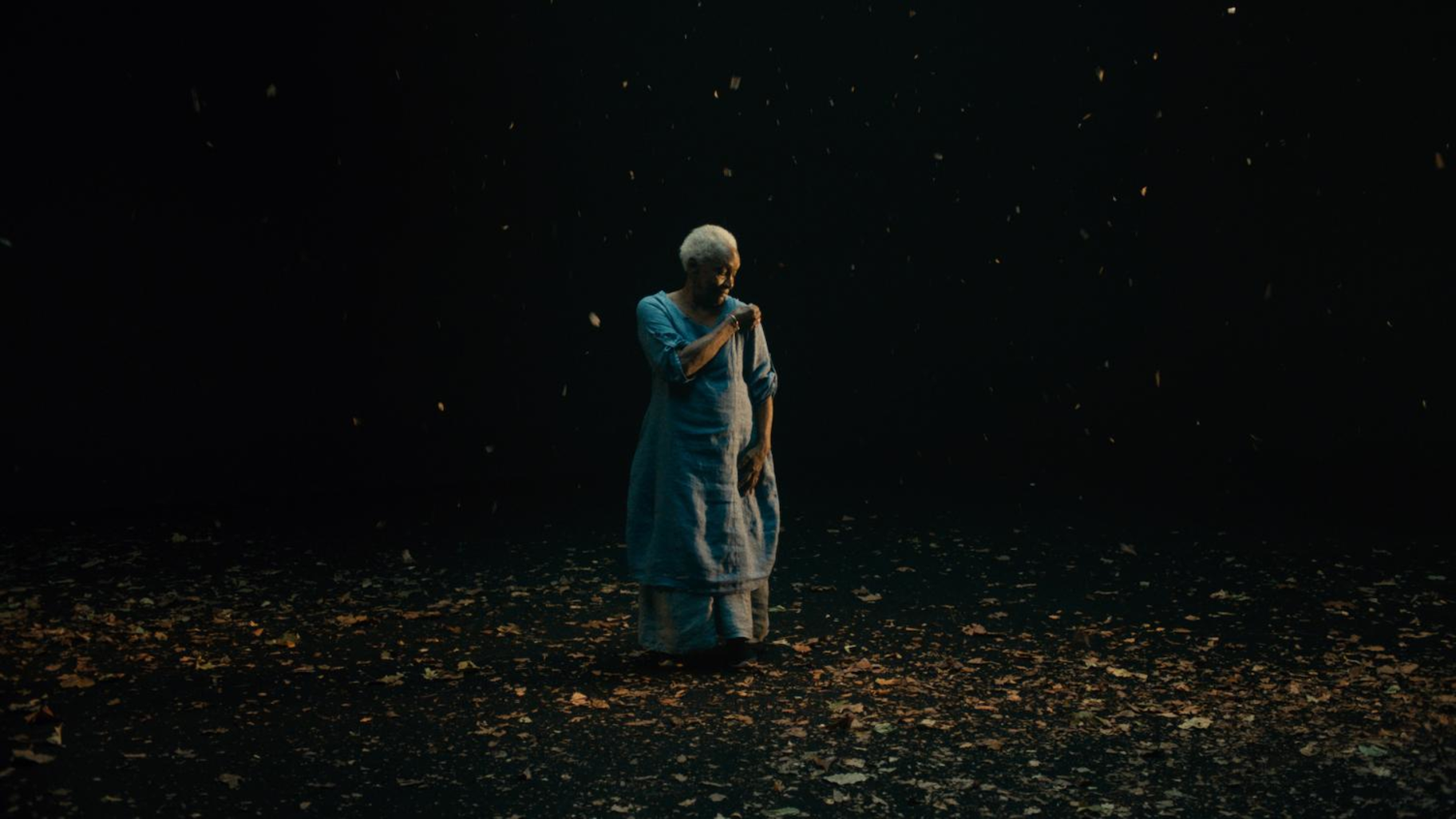There's a mysterious, urgent power to Ear for Eye that survives the project's movement from the stage to the screen. Against moody, bare backgrounds, debbie tucker green's script becomes both story and setting—with words upon words overlapping, being repeated, and being used against each other, expressing the anxiety of entire generations of Black people trying to figure out how to endure all their persecution. What unfortunately <i>doesn't</i> translate well to the screen is the film's editing and its inability to take full advantage of the medium of cinema. Despite the importance of the things being discussed, the end product is a movie that feels like it gets in its own way too much, but still delivers plenty to think about.
Synopsis
From front rooms, Black families, friends, students and older generations navigate British and American society today.
Storyline
An abstract exploration of identity led by various African American and Black British voices, based on the play of the same name.
TLDR
Proof that some things just work better on stage, or that us chronic movie watchers just need to get more cultured.
What stands out
While Ear for Eye isn't meant to have one central voice, it's impossible not to come away from this even more impressed by Lashana Lynch's talent. In her relatively young career, she's already been a Marvel superhero, a James Bond character, and a showstopper in a musical, but she continues to prove how versatile she really is. There's an electricity to her work here, as her character struggles to keep her frustration in check as she debates with a white colleague—and there's soulfulness in how this neverending struggle of being spoken over becomes both a fight and a test not to play into what others expect of a marginalized people. She's on the poster for a reason.



